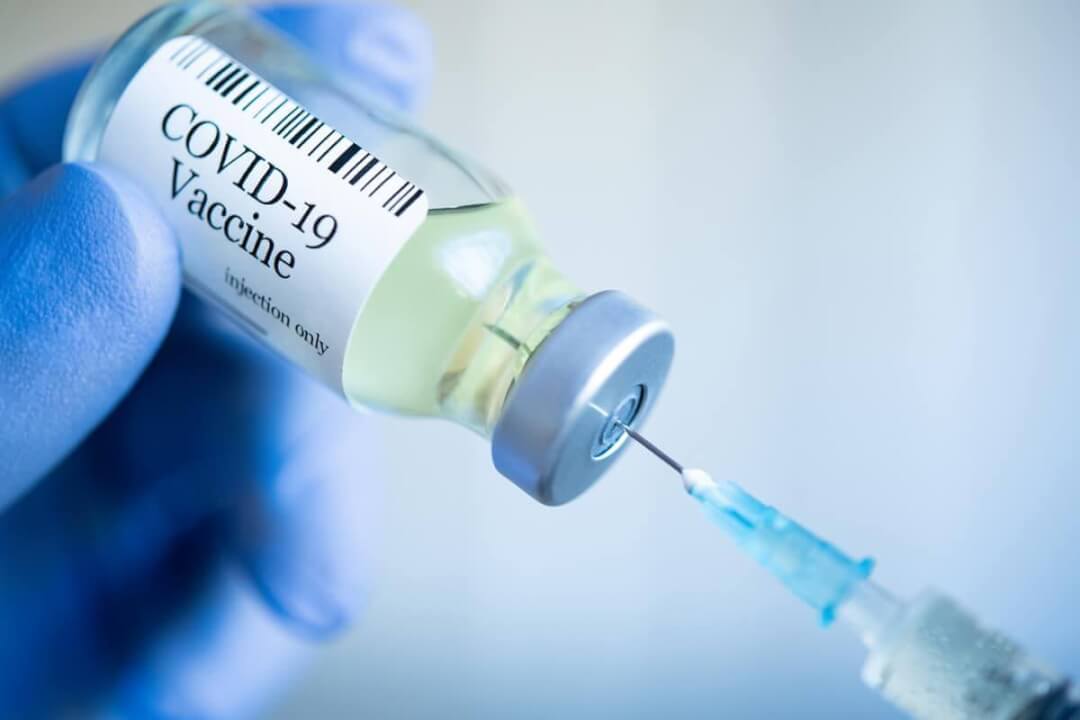Health
Nigeria, DR Congo, others reject 100 million donated vaccines in one month

Countries including Nigeria and DR Congo benefitting from the global programme COVAX vaccine donation have rejected more than 100 million doses according to a UNICEF official.
The vaccine according to the official were mostly rejected due to their short shelf-live.
An earlier report by Reuters revealed that up to one million COVID-19 vaccines expired in Nigeria in November 2021.
The Nigerian federal government in its reaction said vaccines donated to Nigeria through COVAX and AVAT have short expiration shelf lives and could expire before usage.
According to him, with short shelf lives of only few months it leaves the country very short time and some weeks to use them.
He said that donors often give away unused vaccines before they expire in their own stock.
Ehanire added that at times, logistic bottlenecks in the country could made some of them to expire before usage.
“Nigeria has of late enjoyed the generosity of several, mainly European countries, who have offered us doses of COVID-19 vaccines out of their stockpiles, free of charge, through COVAX or AVAT facility.
”These donations are always acknowledged and thankfully received.
”However, some of them have residual shelf lives of only few months that left us very short time, some just weeks, to use them, after deduction of time to transport, clear, distribute and deliver to users.
”If such vaccines arrive back-to-back or are many, logistic bottlenecks occasionally arise.
”We appreciate the kind gesture of donors, but we also communicate the challenge of short shelf lives,” he said.
On its part, Prof. Mojisola Adeyeye, Director-General of the National Agency for Food and Drug Administration and Control (NAFDAC), says the agency is working with international partners to ensure Nigeria gets vaccines with a long expiration dates.
The latest report however indicate the agency along with their counterparts in other countries have been ensuring they only receive vaccines that afford enough time to be used.
“More than a 100 million have been rejected just in December alone,” Etleva Kadilli, director of Supply Division at U.N. agency UNICEF told lawmakers at the European Parliament.
The main reason for rejection was the delivery of doses with a short shelf-life, she said.
These nations have also been forced to delay supplies because they have insufficient storage facilities, Kadilli said, including a lack of fridges for vaccines.
Many countries also face high levels of vaccine hesitancy and have overburdened healthcare systems.
Reuters report noted that UNICEF did not immediately reply to a query about how many doses have been rejected so far in total.
Many others are stored waiting to be used in these nations.
UNICEF’s data on supplies and use of delivered vaccines show that 681 million shipped doses are currently stored in about 90 nations, according to CARE, a charity, which extracted the figures from a public database.
More than 30 nations, including big states such as the Democratic Republic of Congo and Nigeria, have used fewer than half of the doses they received, CARE said.
A spokesperson for Gavi, a vaccine alliance which co-manages COVAX, said that the high storage level was due to a surge in deliveries in the last quarter, especially in December.
Gavi added that most vaccines recently shipped by COVAX had a long shelf life, and therefore were unlikely to go wasted.






